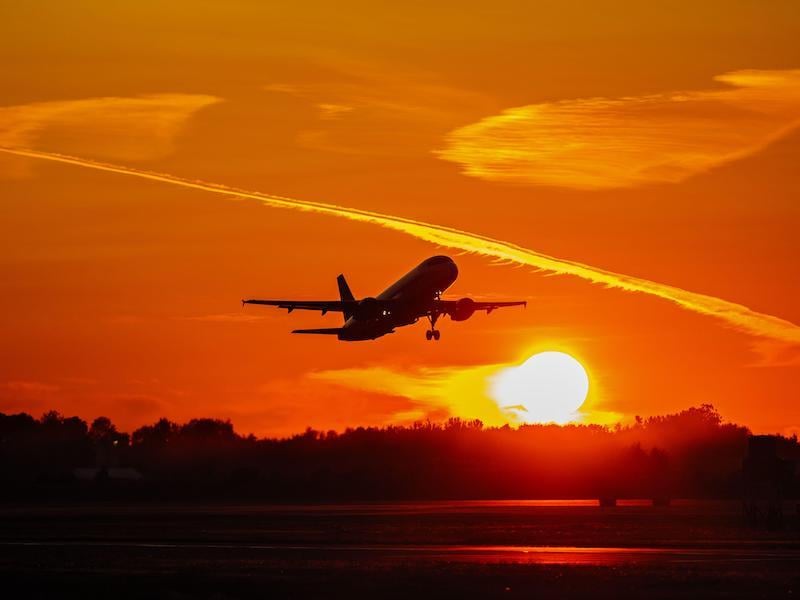
Credit: Zuma Press, Inc./Alamy Stock Photo
An Australian government agency has co-authored a report outlining a roadmap for the development of a sustainable aviation fuel (SAF) industry in that country. The roadmap was jointly produced by the Commonwealth Scientific and Industrial Research Organization (CSIRO) and Boeing. The project follows...
Subscription Required
This content requires a subscription to one of the Aviation Week Intelligence Network (AWIN) bundles.
Schedule a demo today to find out how you can access this content and similar content related to your area of the global aviation industry.
Already an AWIN subscriber? Login
Did you know? Aviation Week has won top honors multiple times in the Jesse H. Neal National Business Journalism Awards, the business-to-business media equivalent of the Pulitzer Prizes.
